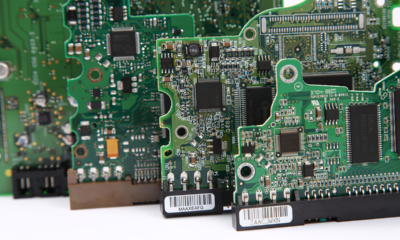
Today, the vast majority of written data is stored on data storage servers that can be accessed over the internet. The datas are generally open source data that can be accessed by everyone, as well as classified informations such as bank account passwords and government documents. In this regard, different encryption techniques have been developed for the correct protection of data. Data encryption is the storage of the data that you want to protect with encryption techniques so that it can only be opened by the person who has the key. Many different algorithms have been developed for encryption. These algorithms are basically divided into two as “Asymmetric” and “Symmetric” according to the data encryption logic.
Asymmetric Encryption (Public encryption, asymmetric)
Asymmetric encryption uses two keys, public and private, that are mathematically linked and paired so that they can only be used together. Both keys can be used to encrypt data, but two paired keys must be used to decrypt it. Asymmetric encryption is used by multiple users and in open networks such as the internet, as one of the public keys can be freely shared. The most commonly used asymmetric encryption types are ElGamal, RSA, DSA, and PKCS.
• RSA (Rivest – Shamir – Adleman) – one of the first public key algorithms, RSA uses asymmetric encryption. The RSA algorithm is very popular due to its long key length and is widely used on the Internet. Many security protocols such as SSH, OpenPGP, S / MIME and SSL / TLS use RSA to create secure connections over unsecured networks.
Symmetric Encryption (Private encryption, symmetric)
Symmetric encryption uses a single private key to encrypt data and decrypt the encrypted data. It is a faster method than asymmetric encryption and is used in closed systems. When symmetric encryption is used with multiple users over open systems such as the Internet, it requires the key to be transmitted and creates an opportunity for theft. Therefore, it is more suitable to be used in closed systems. The most widely used type of symmetric encryption is AES.
• AES (The Advanced Encryption Standard) —AES is a symmetric encryption algorithm developed by the US government in 2001 to encrypt classified information. There are different types such as 128, 192 and 256bit according to the size of the password. It has been developed for easy implementation in both hardware and software.





